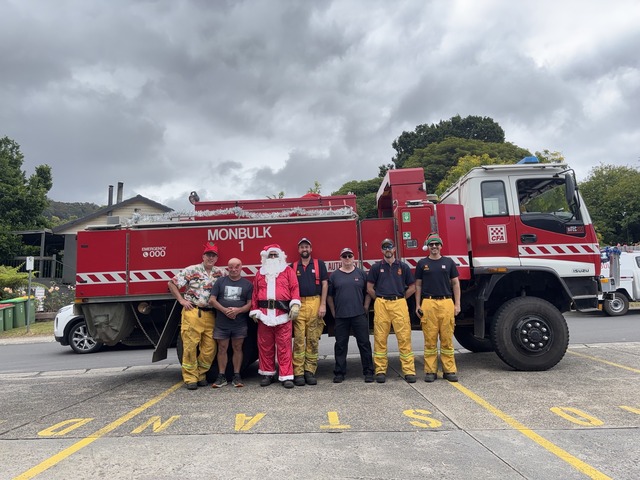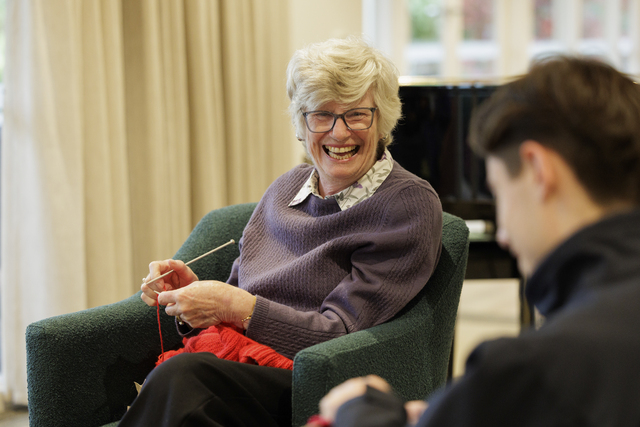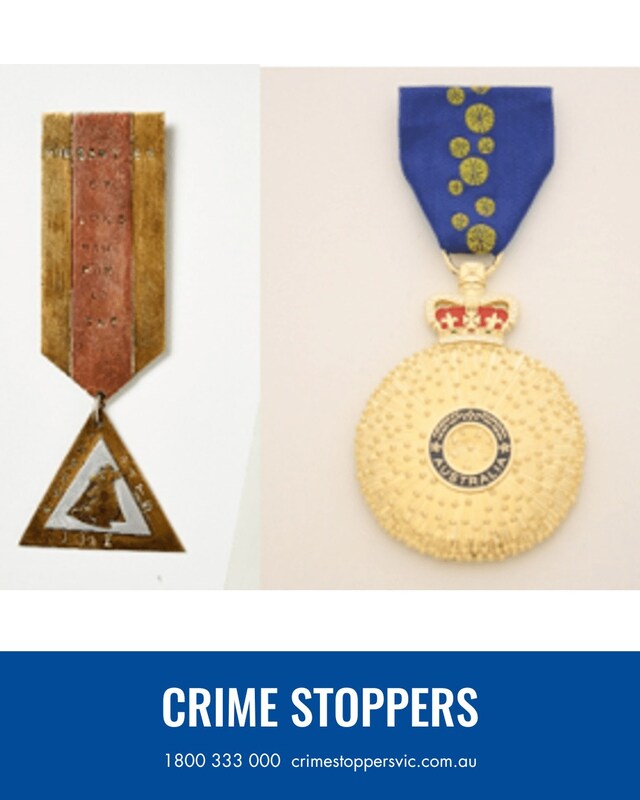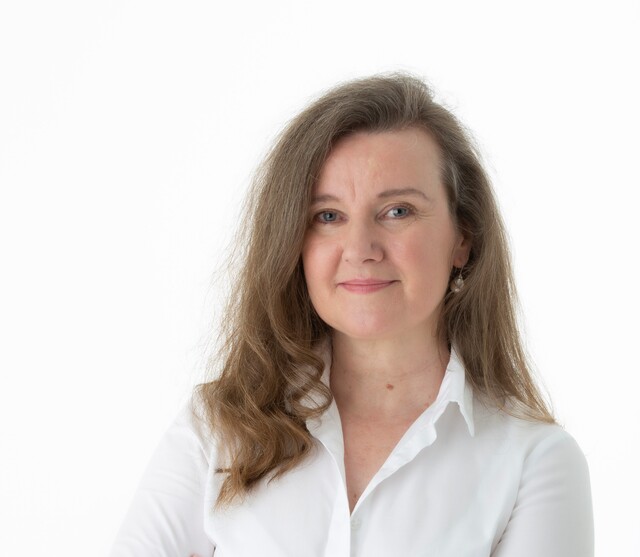By Ed Merrison
IT IS three years since Danielle killed herself, and her family is no closer to understanding why it happened.
The anger still burns inside sister Barbara Harrison, who does not know how she might have saved Danielle’s life.
There is one thing Ms Harrison is certain of: changes are needed to help families of the mentally ill and to stop more than 2000 needless deaths in Australia every year.
Danielle, from Upwey, committed suicide on Saturday, 25 October 2003 at the age of 33.
She became suicidal about a year and a half after suffering a workplace injury, for which Dr Dennis Gration of Belgrave Medical Clinic treated her.
Dr Gration and Ms Harrison believe Danielle, “one of the most vivacious people you could meet”, in fact suffered from acute depression.
They said a new vision was needed for the treatment of mental health cases in Victoria; a vision that differs dramatically from that put forward by politicians.
“To see the leaders of major political parties touting that one is better than the other is totally inappropriate,” Dr Gration said.
“Their views are far from the mark.”
Dr Gration accused politicians of knee-jerk reactions to “despair at mental illness in the community”, and both he and Ms Harrison were worried no lessons were being learned from victims, their families and doctors.
“For many, many years we have simply not asked the question why these people are committing suicide,” Dr Gration said.
“We’re talking about people in their teens, young adults, young women. Danielle was in the prime of her life.”
Dr Gration said the State Government should give the coroner the resources to investigate suicides in a similar fashion to road deaths, where experts consider every contributing factor.
He would like to see the coroner’s role go beyond determining the method of suicide to include an examination of underlying causes and the clinical treatment of victims leading up to their death.
“Until we do that, we have no firm grounds for spending millions of dollars,” Dr Gration said.
Ms Harrison, a nurse with more than 20 years’ experience, agreed, saying it was impossible to fix a system without understanding the issues.
“It’s going to take effort, investment and listening to people,” she said. “There’s no quick fix.”
Ms Harrison said families needed help and support if they were expected to look after the mentally ill and stop them reaching the point where they wanted to end their lives.
Every time she sought help for her sister she hit a brick wall, despite her knowledge of the hospital system.
Her quest to find answers since Danielle’s death have also come to nothing and Ms Harrison said her sister’s own attempts to save herself had likewise been unanswered.
She said Danielle begged to be admitted as a voluntary patient on three occasions in the week proceeding her death but health professionals told her she was just seeking attention and turned her away.
Ms Harrison is still angry at the system and feels guilty for not having been able to help Danielle.
She can only imagine there are many other people who feel similarly helpless.
“My sister begged me for help and I let her down,” she said.
“I pity people trying to do what my family did with no medical knowledge.”
Needless death
Digital Editions
-

Santa stops at Monbulk
Monbulk CFA will be running its annual Santa Run on Christmas Eve, 24 December, from 1pm to 6pm. Santa will be sitting on the back…






